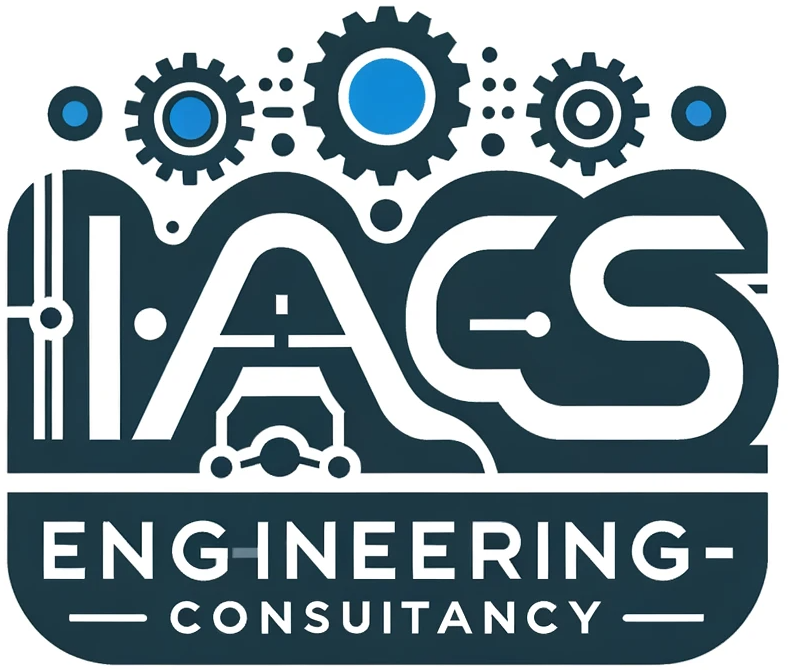The boundaries between Information Technology (IT) and Operational Technology (OT) are blurring. As industrial processes become increasingly digitized, ensuring smooth operation requires a holistic approach to problem-solving. This is where Root Cause Analysis (RCA) becomes a critical tool for IT & OT consultants.
What is RCA?
RCA is a systematic investigation to identify the underlying cause of a problem, not just the symptoms. It’s a detective story for the technical world, helping us prevent future occurrences by fixing the root issue.
Why is RCA Crucial for IT & OT Convergence?
In the past, IT and OT systems operated independently. However, with increased integration, issues can cascade across both domains. For instance, a network glitch (IT) might disrupt sensor data flow (OT), causing production delays. Traditional, siloed troubleshooting wouldn’t be enough. RCA empowers IT & OT consultants to:
- Uncover hidden connections: Identify how seemingly unrelated IT problems can impact OT systems, and vice versa.
- Prevent recurring issues: By addressing the root cause, we can prevent similar problems from happening again, saving time and resources.
- Improve communication: RCA fosters collaboration between IT and OT teams, promoting a unified approach to incident management.
Performing RCA in IT & OT Environments:
Effective RCA in converged IT & OT environments requires a multi-faceted approach:
- Understanding both worlds: The consultant must possess a strong foundation in both IT and OT systems, including hardware, software, and communication protocols.
- Data analysis expertise: RCA heavily relies on analyzing data from IT logs, OT sensor readings, and historical trends to identify patterns and pinpoint the root cause.
- Industry knowledge: Familiarize yourself with the specific processes and challenges of the industry you’re working in. An RCA for a power plant will differ from one for a manufacturing facility.
- Selection of the right RCA technique: Different RCA methodologies like 5 Whys, Fishbone Diagrams, or FMEA (Failure Mode and Effects Analysis) can be employed depending on the situation.
Beyond the Technical: Soft Skills for Effective RCA
- Communication: Clearly explain complex technical concepts to both technical and non-technical stakeholders. Present your RCA findings in a way that everyone understands.
- Problem-solving: Think critically and creatively to identify the root cause, not just the immediate symptom. Explore different possibilities and consider all relevant factors.
- Report writing: Document your RCA process thoroughly, including the problem statement, data analysis, identified root causes, and recommended corrective actions.
Case Study: RCA in Action
Consider a manufacturing company experiencing frequent downtime in their production line due to network disruptions. By applying RCA, the company identified that outdated network hardware was the root cause of the problem. Upgrading the hardware and implementing a robust network monitoring system resulted in a significant reduction in downtime, enhancing production efficiency and reliability.
Why Choose Us for Your RCA Needs?
At [Your Company Name], we specialize in providing comprehensive RCA services tailored to the unique needs of IT and OT environments. Our team of experts combines deep industry knowledge with cutting-edge methodologies to deliver actionable insights and sustainable solutions. By partnering with us, you can expect:
- Expertise: Our consultants have extensive experience in IT and OT systems, ensuring accurate and effective RCA.
- Customized Solutions: We tailor our RCA approach to meet your specific operational and security requirements.
- Proactive Support: Beyond RCA, we offer ongoing support and monitoring to ensure long-term success and continuous improvement.
Contact Us:
Unlock the full potential of your IT and OT systems with our professional Root Cause Analysis services. Contact us today to learn how we can help enhance your operational efficiency and security, driving your organization towards success.
